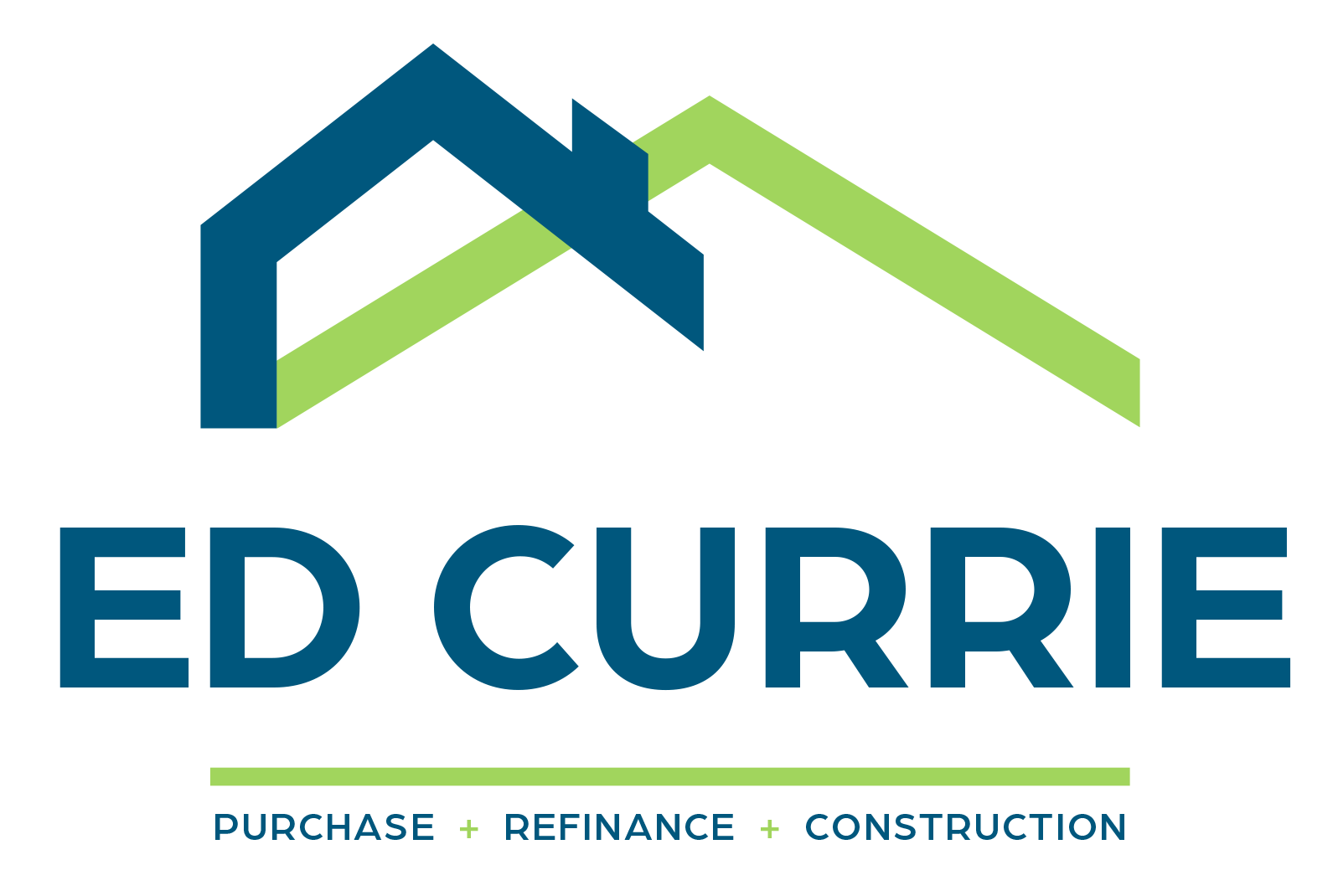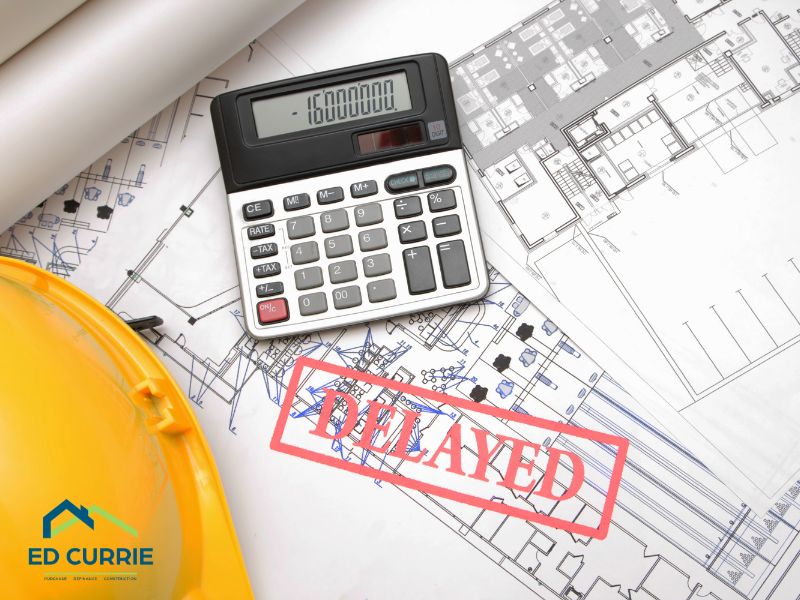 Building a home from the ground up is a thrilling opportunity to create a space that’s uniquely yours. However, it comes with financial complexities that differ from buying an existing home. Construction loans, offered by companies like Ed Currie Mortgage, are designed to meet the specific needs of home builders. To make an informed decision, it’s important to understand the advantages and disadvantages of these loans.
Building a home from the ground up is a thrilling opportunity to create a space that’s uniquely yours. However, it comes with financial complexities that differ from buying an existing home. Construction loans, offered by companies like Ed Currie Mortgage, are designed to meet the specific needs of home builders. To make an informed decision, it’s important to understand the advantages and disadvantages of these loans.
Advantages of Construction Loans
- Customizable Financing for Unique Projects
Construction loans provide tailored funding for building a home or renovating a property. This allows borrowers to design their dream home without the limitations of existing properties. - Phased Disbursement for Better Oversight
Loan funds are disbursed in stages (or draws) as construction milestones are completed. This phased approach ensures the project progresses as planned and reduces the risk of mismanagement of funds. - Interest-Only Payments During Construction
During the construction phase, borrowers typically make interest-only payments based on the amount drawn, which can ease financial strain while building the home. - Flexible Loan Options
Construction loans can be structured in various ways, such as adjustable-rate loans, fixed-rate loans, or one-time close construction loans. This flexibility allows borrowers to choose terms that align with their financial goals. - One-Time Close Options
Some lenders offer one-time close construction loans, which combine the construction loan and permanent mortgage into a single process. This saves time, reduces paperwork, and eliminates the need for a second closing.
Disadvantages of Construction Loans
- Higher Interest Rates
Construction loans often come with higher interest rates compared to traditional mortgages. Lenders charge more due to the perceived risks associated with funding an unfinished property. - Strict Qualification Criteria
Borrowers must meet stringent requirements to secure a construction loan. This includes a solid credit score, detailed building plans, a qualified builder, and sometimes a larger down payment. - Complex Loan Process
Applying for a construction loan involves more documentation and steps than a standard mortgage. Borrowers need to provide detailed project plans, cost estimates, and builder agreements. - Unpredictable Costs
Despite careful planning, construction projects often face unforeseen costs, such as material price increases or unexpected construction challenges. These can strain budgets and necessitate additional funds. - Higher Risk During Construction
Because the home is under construction and not a completed asset, there’s a risk of delays, contractor disputes, or other issues that could impact the project timeline and budget. - Payments While Building
While interest-only payments during construction can be manageable, borrowers must also cover other expenses, such as rent or living costs, until the home is complete.
Tips for Making an Informed Decision
- Work with an Experienced Lender
Choosing a knowledgeable lender, such as Ed Currie Mortgage, can simplify the process and help you navigate the complexities of construction financing. - Plan Your Budget Carefully
Include a contingency fund for unexpected costs, and ensure the loan amount aligns with your project scope. - Understand the Loan Terms
Ask questions about interest rates, repayment schedules, and disbursement processes. Be clear on how the loan transitions to a permanent mortgage if applicable. - Select a Reputable Builder
A qualified and experienced builder can reduce risks and help ensure your project stays on schedule and within budget. - Be Realistic About Timelines
Understand that construction can face delays and be prepared for potential adjustments in your timeline and finances.
Construction loans are a valuable tool for financing your dream home, but they require careful consideration of their benefits and challenges. By weighing the advantages and disadvantages and working with Ed Currie Mortgage, you can make an informed decision that aligns with your goals and financial situation.




![EdCurrie_Logo White[Transparent] EdCurrie_Logo White[Transparent]](https://edcurrie.com/wp-content/uploads/elementor/thumbs/EdCurrie_Logo-WhiteTransparent-qybu3sjgpfhje9098uitv7fpt7os2hgn52gfy6ocx4.png)